Benjamin Franklin said “An ounce of prevention is worth a pound of cure,” and this holds true today even with the outbreak of a new respiratory disease known as the Coronavirus.
The nine Coronavirus outbreak safety tips below are complied to help keep you and your family safe during this rapidly evolving situation.
How Bad Is The Human Coronavirus?
The silver lining to this pandemic cloud is the fact that many people have recovered from the virus and many more continue to recover.
So, there is hope.
The truth of the matter is that while we should be optimistic, the situation may be bleaker than we believe it to be.
While the World Health Organization may have renamed the coronavirus as COVID-19 to prevent stigmatization, this politically-correct gesture will have no impact on the threat.
With the Chinese government’s tendency toward secrecy and skewing the stats to make the situation look more favourable, the death toll may be much higher and the problem infinitely more severe than portrayed.
Here in the United States, the CDC reports are changing daily and thus I have removed the numbers from this article because there was simply no way to keep it updated with the correct numbers as fast as they are changing.
Why The Coronavirus Is About To Be Declared A Pandemic
The Coronavirus is a pandemic because it has spread worldwide.
Unlike epidemics which are contained in one specific location, a pandemic crosses borders without a care in the world and infects anyone who may cross its path.
You have to be alert and take extra precautions to stay safe from these types of diseases.
At the moment, there is no cure for the coronavirus.
Creating a vaccine will take time and a lot of money, but they are working on finding one.
Can You Really Avoid Getting The Coronavirus?
The best way to avoid the problem is to act proactively and take a few extra precautions.
At the moment, we’ve not reached a widespread pandemic that’s grounds for panic, so the most important thing to do is to stay calm.
Hoarding food, water, and other essential supplies is not necessary, but hopefully you are already stocked up enough so if it should become an issue, your family is still going to be ok.
However, in some Asian countries, most surgical and N95 masks have been snapped up and are currently sold out.
Many people are turning to homemade masks consisting of at least three layers of woven cotton with an interior pocket that can be filled with some kind of filtration material such as Kleenex.
The same applies to hand sanitizers, disinfectants, and other essential items to help people survive this kind of panademic.
The truth of the matter is that depending on the severity of the pandemic, these measures may be helpful at reducing the risks.
No method is 100 percent safe, and if the virus is airborne, preventing it will become infinitely more difficult.
This is especially true for office buildings, malls, and any other place that uses ventilation systems, air conditioning, etc.
Ventilation systems help ‘aerosolize’ the airborne virus thus helping it spread faster and infect more people.
How Do I Mitigate My Coronavirus Infection Risk?
The good news is that the coronavirus seems to only show limited signs of being airborne, or at least that’s what the Chinese authorities are saying.
Whatever the case may be, there are a few precautionary measures you can take to mitigate your risks.
The basic principles of staying safe apply regardless of the pandemic.
It could be Ebola, SARS, Zika, the coronavirus or even the common flu.
The 9 tips below will help prevent the spread of these types of airborne viruses.
Avoid Crowds
The first and most important step is to avoid crowded places.
The less contact you have with other human beings, the lower your risks of infection will be.
This is common sense, as are most of the other tips.
If you work in an office, consider requesting to work from home on a temporary basis.
Your boss might allow it given how fast the Coronavirus is spreading.
Less people.
Less contact.
Less risk.
That’s your mantra.
Wear Protective Gear To Protect Yourself Against The Coronavirus
While N95 masks are a bit of an overkill, using the normal surgical mask will help reduce your risk of infection.
The key word here is ‘reduce’.
No mask is fool proof.
If masks are sold out, you may fold a handkerchief and use it as a precautionary measure.
Will this help?
To some degree, it will.
If someone coughs or sneezes near you, the little droplets flying around will be stopped by your ‘makeshift’ cloth mask.
That’s about the only time a cloth mask helps.
Always wash cloth masks in boiling water with a dash of bleach or disinfectant before reusing them.
Avoid Touching Your Face, Nose Or Eyes
This is one of the biggest mistakes that people inadvertently make.
You’ll come into contact with countless surfaces when you’re out in public.
Public transport handles and seats, restaurant tables, chairs, etc. are all common spaces that you’ll come into contact with depending on what you’re doing.
When you touch these surfaces, any bacteria or viruses there may get transferred to your hands.
Do not touch your face, nose or eyes.
Do not touch any open wounds.
This is the easiest way to infect yourself.
You must be situationally aware at all times.
Wash Your Hands With Soap And Water
Several doctors say that regular handwashing is far more effective than wearing masks.
Some say it’s even more advantageous than using commercially-sold hand sanitizers.
The fact that you’re more likely to get infected from surfaces covered with droplets emitted by someone who is infected, because you touched the surfaces and then your face, the best safety measure is to wash your hands regularly.
Everything from the utensils you use to your mobile phone, keys, steering wheel in your car, etc. comes in contact with your hands.
So, it’s best to keep them as clean as possible.
If you have no access to water, use hand sanitizers.
You can also spray items such as your mobile phone case, keys or even the steering wheel in your car with a disinfectant.
Avoid Tracking Bacteria Into Your Home
Another area people often overlook is the fact that they can invite bacteria into their home without even realizing it.
Do not wear shoes into your home.
This is the surest way to not only bring bacteria into your home, but also cause a myriad of other health problems such as allergies, etc.
If you have pets and walk them outside, remember to wash your pet’s paws when you get home.
Do not let your dog or cat wander in and out of the house as it pleases.
One common mistake that many people make is to get home from work and just plonk themselves down on the couch.
Some even sit on their bed when they step into the rooms.
Do not make this mistake.
You’re still wearing clothes that came into contact with public surfaces.
Remove your clothes and put them in the laundry, which you’ll wash with detergent and disinfectant later.
Only sit on your couch or bed once you’ve showered.
It may be a hassle, but it’s a necessary measure to stay safe when there is a public pandemic such as the Coronavirus.
Strengthen Your Immune System To Protect Against All Kinds Of Viruses
There’s a reason some people survive the virus and some don’t.
Oftentimes, it will come down to how strong your immune system is.
If you do get infected, your immune system may be your last hope.
If it’s strong, your chances of survival will be much higher.
Consume vitamin C, fish oil, curcumin, garlic oil, zinc, selenium, elderberry and vitamin D supplements.
These will help to boost your immunity and give your body a fighting chance to boot the virus out should it you end up with it.
A strong immune system is the best way to prevent all kinds of sickness, not just the Coronavirus.
See A Doctor If You Suspect You Are Ill
Besides the coronavirus, there are tons of other influenza strains going around.
Since the symptoms are mostly the same, only a qualified doctor will be able to diagnose your condition accurately.
The first thing you should not do with the Coronavirus going around it to try to treat yourself if you notice you have flu symptoms.
Swallowing two aspirin tablets with a diet soda and calling it a day is not an option right now.
Get checked by a medical professional immediately.
Early detection will help to check the spread of the virus plus you’ll be less likely to infect those you come into contact with.
If you’re not infected, but just down with the common cold, do take a few days off work and stay home to rest and recuperate.
Your immune system will be compromised and you don’t want to be outside where you could get infected with something worse.
You’ll also be less likely to pass on your contagious flu to others.
Stay home until you’re well.
Period.
Keep Your Living Areas Clean
There’s a saying that goes, ‘Nothing inspires cleanliness more than an unexpected guest.’
It’s humorous, but true.
In this case, however, we’re keeping the house clean to prevent unexpected ‘virus guests’.
Vacuum your house daily and mop your floors with water that has been mixed with a disinfectant or bleach.
This will help eradicate any bacteria around.
You may choose to use an air purifier to clean the air in your house too.
Very often, during a widespread pandemic, the stores may not have anymore disinfectant or bleach.
If this is the case, guess what?
Alcohol will do too.
Vodka or gin is effective for wiping surfaces too.
The higher the proof, the better.
Essential oils such as lemon and tea tree also have disinfectant properties.
Don’t Panic Even If You Are Exposed To The Coronavirus
Last but not least, stay calm even if you are exposed to the coronavirus.
Do not panic or rush to hoard items.
You can and should stock up on non-perishable items like a responsible prepper, but do it gradually.
You do not have to wildly grab everything you can get your hands on.
Stay positive and know that several potential pandemics prior to the coronavirus have been effectively contained.
This one will be probably be no different.
Do not stress yourself out or get paranoid.
When you’re stressed, your immune system is lower and you’re at a higher risk.
Follow the tips above and you’ll be much safer during this coronavirus outbreak.
Emergency Planning And Preparedness Tips
The Importance Of Taking Survival Preparedness Seriously
Survival preparedness needs to be taken seriously because you never know when a natural disaster or a man-made catastrophe might happen. A disaster can occur when you least expect it, and this is why it is extremely important to be well-prepared before you are caught off-guard.
Prepper Water Storage Tips And Ideas
Check out these prepper water storage tips and ideas to learn the options for storing water or having access to clean water should you need to bug out.
How To Stay Warm In Winter If The Power Goes Out
Power outages happen. The key is to be prepared ahead of time so you can stay warm in winter if the power goes out or the grid goes down.
Planning Your Family Survival Camp
Family survival camps are an essential part of wilderness survival. Don't wait for shtf before you make a plan and gather survival gear.
Emergency Survival Tips for Single Mothers
Learn how to start preparing for a potential crisis situation by following these emergency survival tips for single mothers.
Tips For Prepping For Survival On A Budget - Experimental Homesteader
Prepping for survival on a tight budget is possible. The first step is to prepare your emergency readiness plan so you know what supplies you need.
How To Start Prepping On A Budget With Groupon Coupons
Learn how to start prepping on a budget and get those basic homesteading supplies plus the gift items you need using Groupon Coupons.
How To Survive During Economic and Political Chaos
Learn how to survive during economic and political chaos. Having a plan in place to keep you and your family safe is essential.
Survival Grocery List - First Month
Find out where to start your survival grocery list. The first month lays the ground work for basic survival needs and your emergency survival food list.
Food Security Preparedness - What To Do Before Disaster Strikes
Learn what food security preparedness skills you need to survive any natural or man-made disaster, and why you should grow your own food.
How To Plan For Survival Emergency Preparedness Situations
These fifteen critical survival scenarios are exactly the reason you need to plan for survival emergency preparedness situations today.
Are You Ready To Start Becoming A Survivialist?
Becoming a survivalist is a lifestyle and mindset change. You must consider the pros and cons of prepping for survival because it does require commitment.
10 Essential Prepper Supplies For Home Remedies
Emergencies such as natural distasters are happening at an alarming rate these days. Be prepared by stocking up on these supplies for home remedies.
4 Questions To Ask During A Health Disaster
There seems to be a new health disaster every year! Find out what 4 questions to ask during a health diaster to keep your family safe.
9 Quick Pointers To Reduce Your Risk Of Infectious Diseases
Follow these nine quick pointers to help reduce your risk of infectious diseases, including those that are on their way to becoming a pandemic.
Flu Prevention Tips
Learn about some simple flu prevention tips to help you and your family stay healthy this winter. Plus get the facts on just how serious the flu really is.
Safety Measures To Take When Self-Isolation is Not an Option
Learn what to do when self-isolation is not an option because the company you work for does not shut down or you are considered an essential worker.
Running Out Of Toilet Paper? You Need To Read This!
If you're like many people and running out of toilet paper because of the hoarding that is happening, here are some emergency alternatives to try.
Emergency Duct Tape Tire Repair
Have you ever been in an emergency situation where you needed to know how to fix a tire? Try this emergency duct tape tire repair solution!
Weapons To Include In Your Homesteading Self Sufficiency Survival Kit
Learn what weapons - both lethal and non-lethal - to include in your homesteading self sufficiency survival kit. Also learn why you need to include them.
Emergency Survival Tips For Escaping A Riot
Check out these emergency survival tips for escaping a riot! These tips also work well for other types of survival prepping plans.
Secure Your Home From Intruders And Prevent Break-Ins
Today is the day you need to secure your home from intruders. A secure home helps prevent break-ins and keeps your family safe.
Top Survival Tips And Strategies When Facing An Armed Shooter
Active shooter situations are very common these days. This is why understanding the top survival tips and strategies is so important. The more prepared you are and the calmer you are, the more likely you are to survive.
Child Safety Tips
The National Child Safety Council shares information on what child safety tips you need to teach children to keep them safe.
Learn What A Survival Pantry Is And Why You Need One
Create a survival pantry so you can avoid panic buying and feel secure knowing your family has the essentials no matter what emergency situation occurs.
How To Create Your Own Short-Term Emergency Preparedness Disaster Survival Kit
An important part of survival prepping is being ready for any situation - long or short-term. Start prepping today by creating your own short-term emergency disaster survival kit!
What To Pack In A Children's First Aid Disaster Survival Kit
Knowing what to pack in a children's first aid disaster survival kit is important, even if you don't have children. These kits are handy in emergencies.
How To Prepare For Civil Unrest So It Does Not Severely Impact You
Understanding how to prepare for civil unrest is extremely important. Escaping riots and violent demonstrations safely is one of the main reasons to prepare for civil unrest.
How To Prepare For Disaster Survival
Now is the time to learn how to prepare for disaster survival! Disaster prepping helps with everything from nuclear threats to natural disaster survival.
How To Avoid Becoming A Target In A SHTF Situation
Learn how to avoid becoming a target in a potential SHTF situation such as a natural disaster or other unexpected event, such as a pandemic.
Grid Down Prepping For Electromagnetic Interruptions
Grid down prepping for electromagnetic interruptions includes having the right survival gear and using it to protect your electronics.
Preparing for Everyday Emergencies
70+ preparedness articles to help you prepare for everyday emergencies - food and water, emergency power, cold weather, health, first aid and more.
Bloom! Make Gardening Part of your Preparedness Plan
Preparedness is a popular past time and serious concern for a large number of people. While food storage, water, emergency preparedness, and fuel are usually the focus. Have you thought about producing your own food?

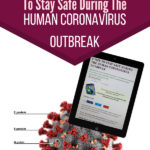

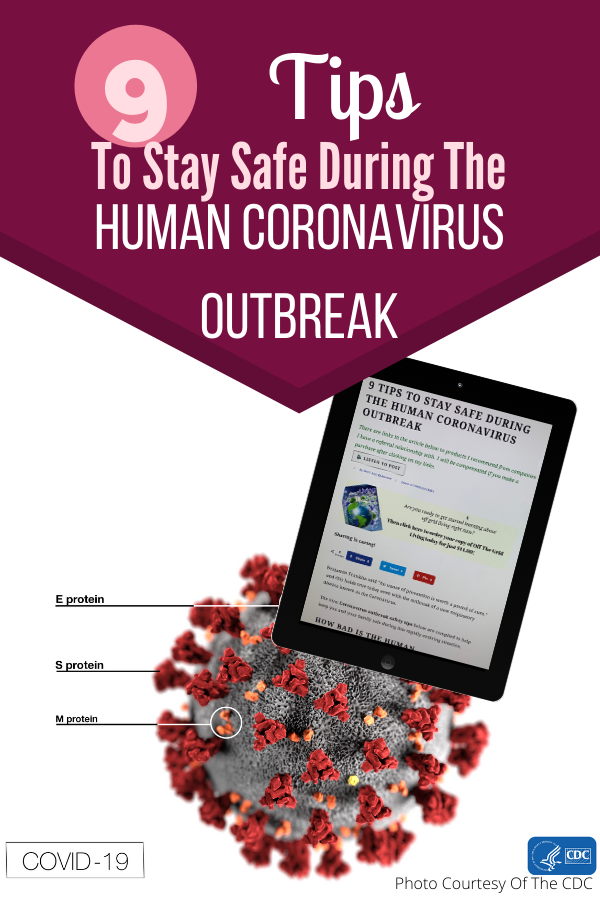

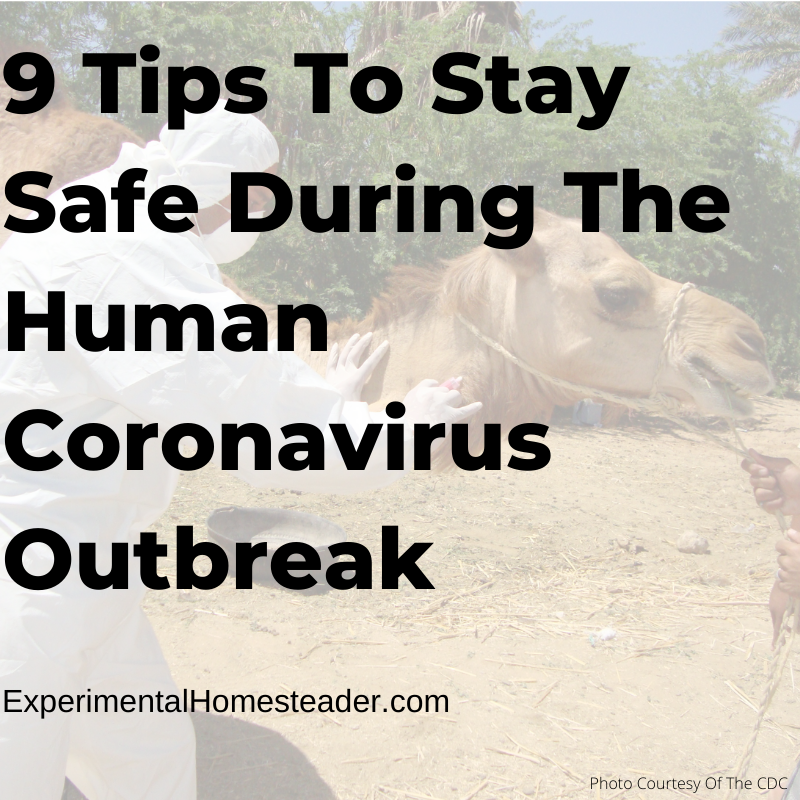
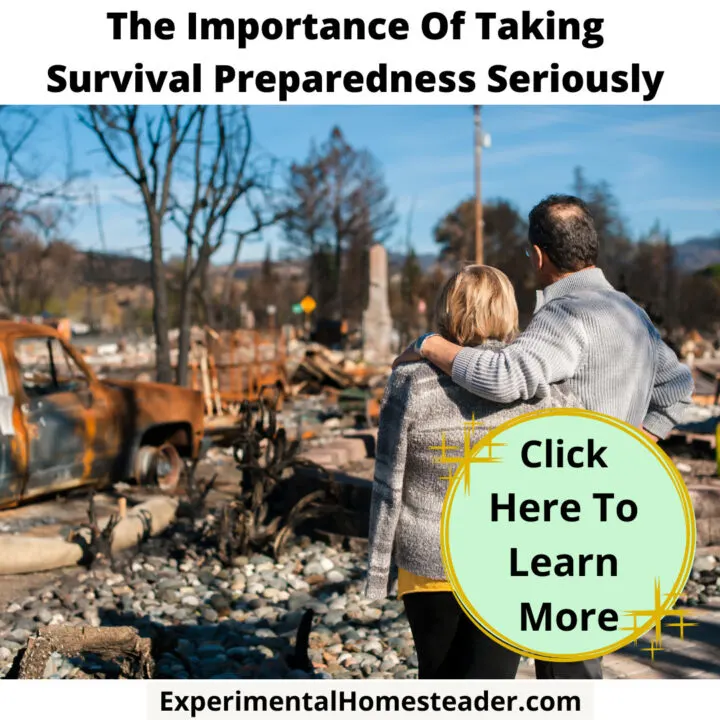


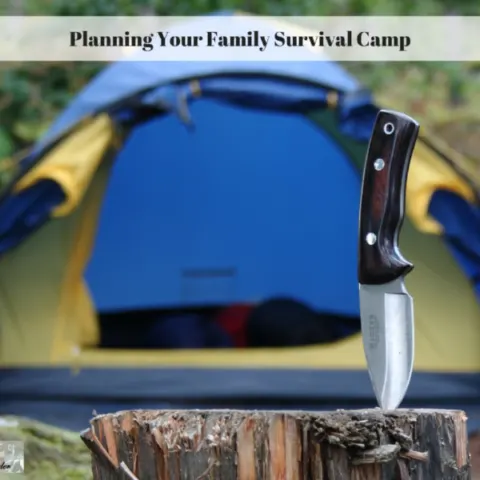

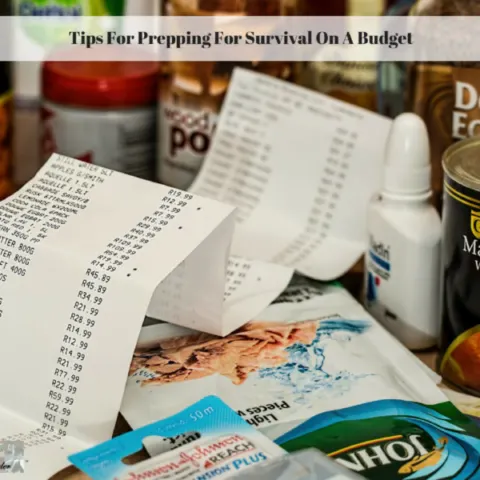
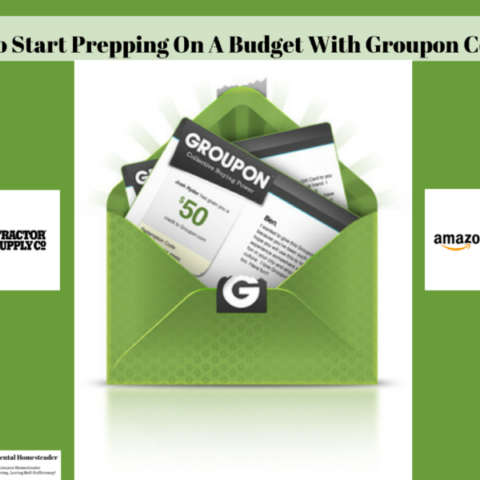
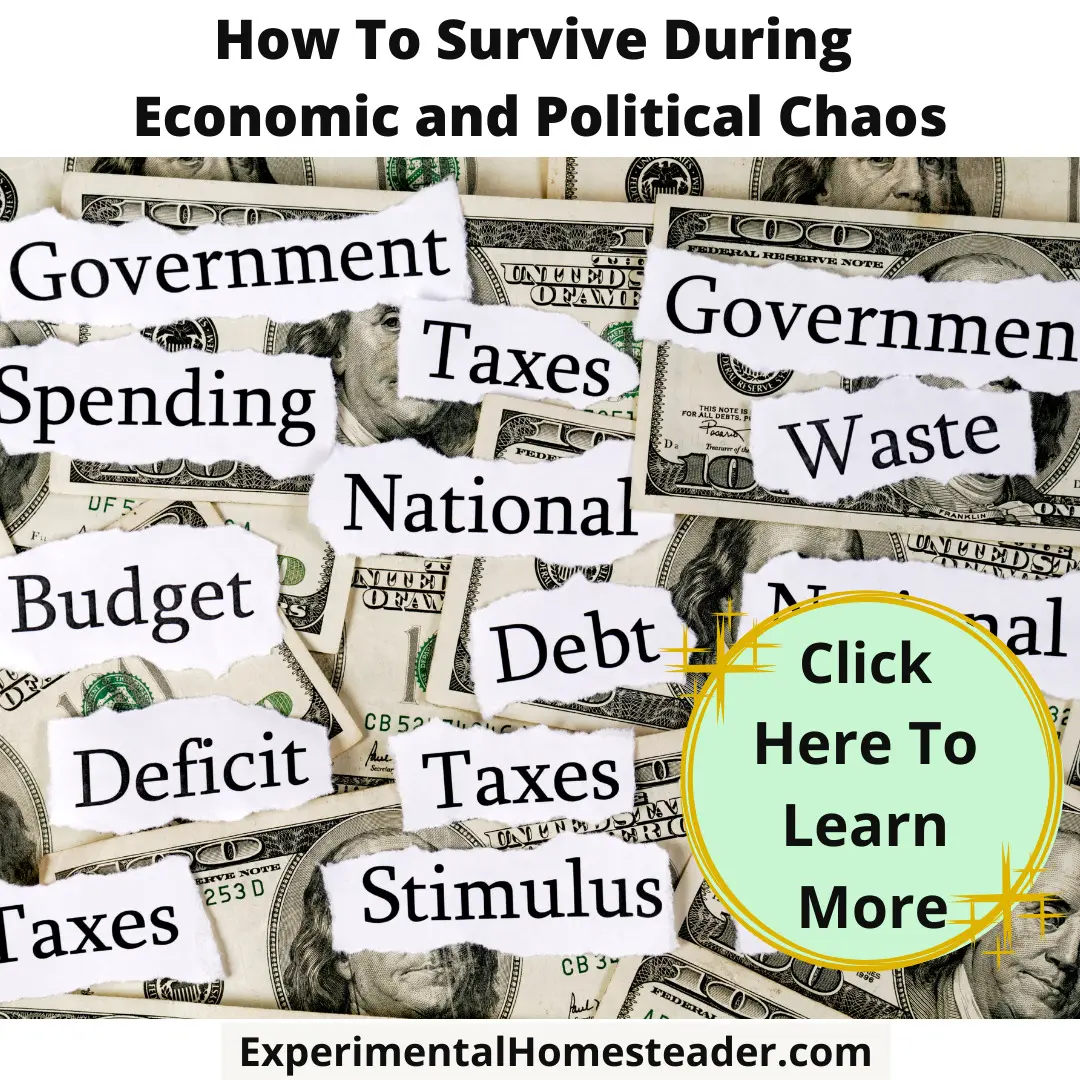
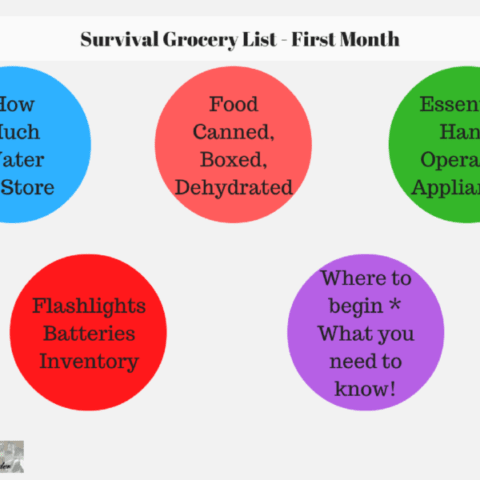
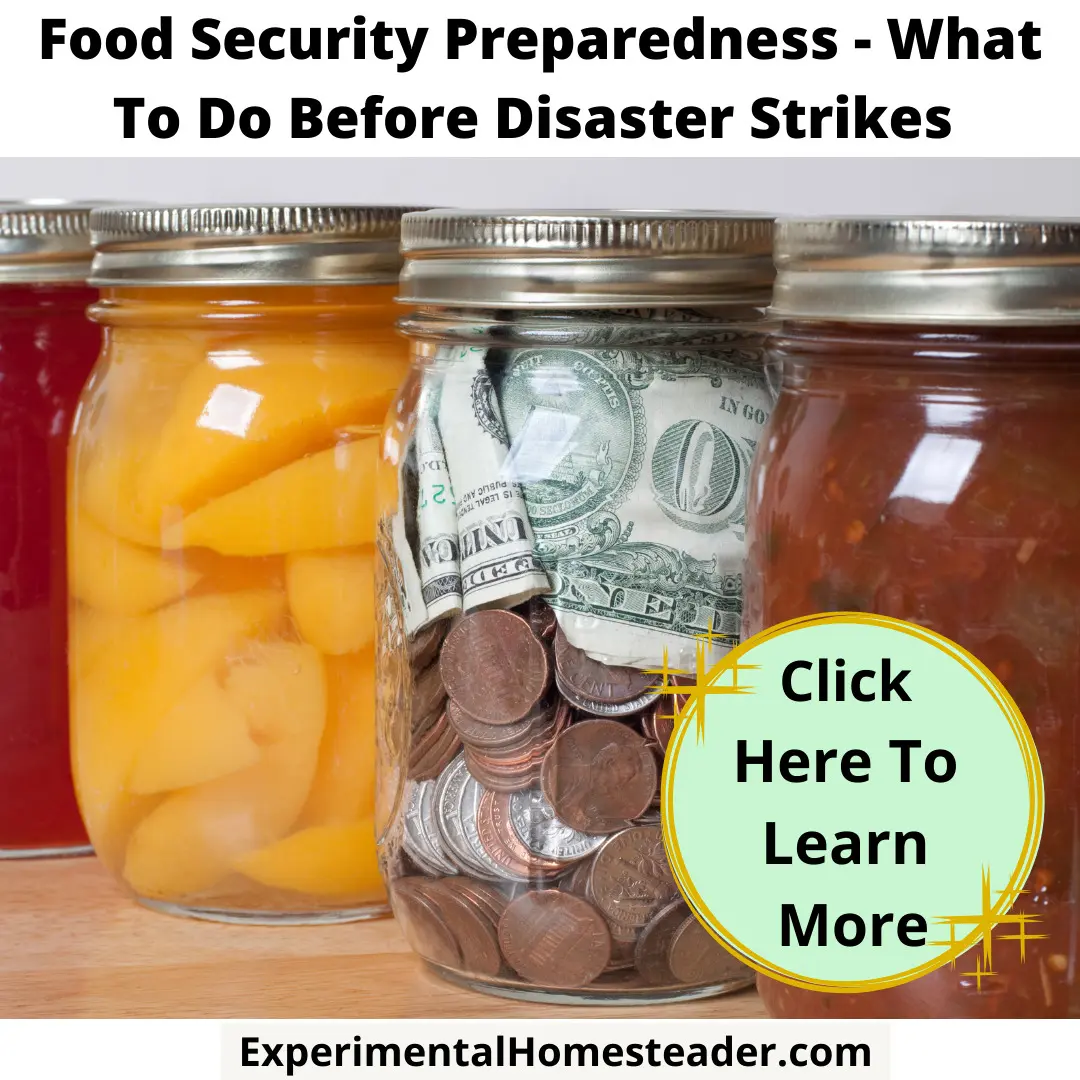
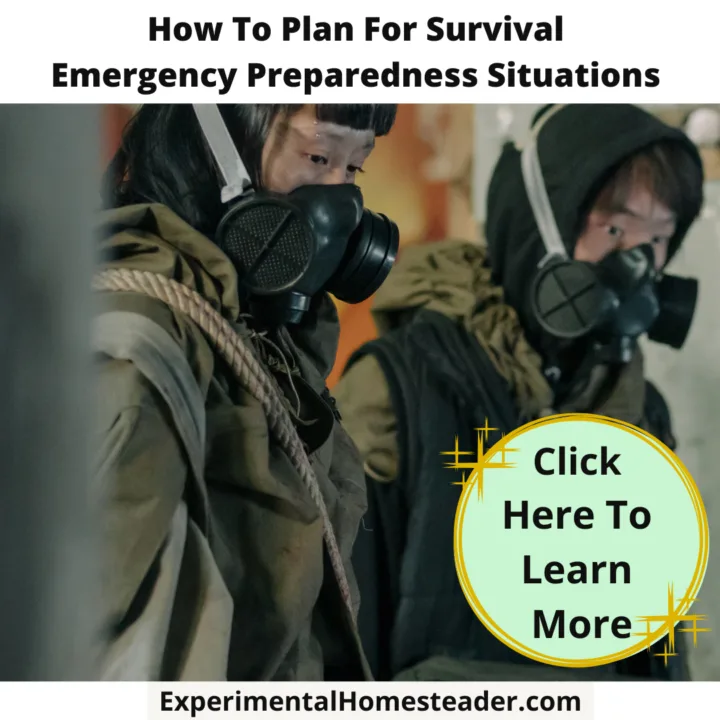
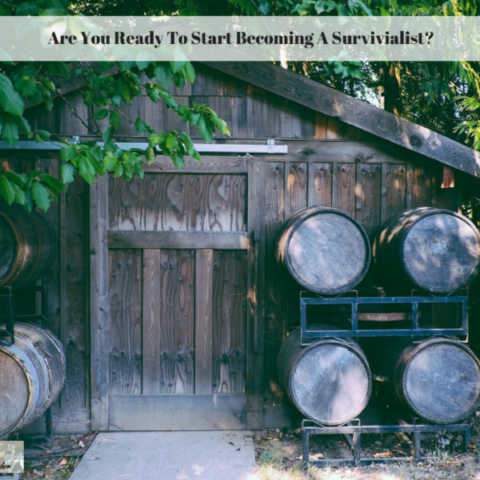

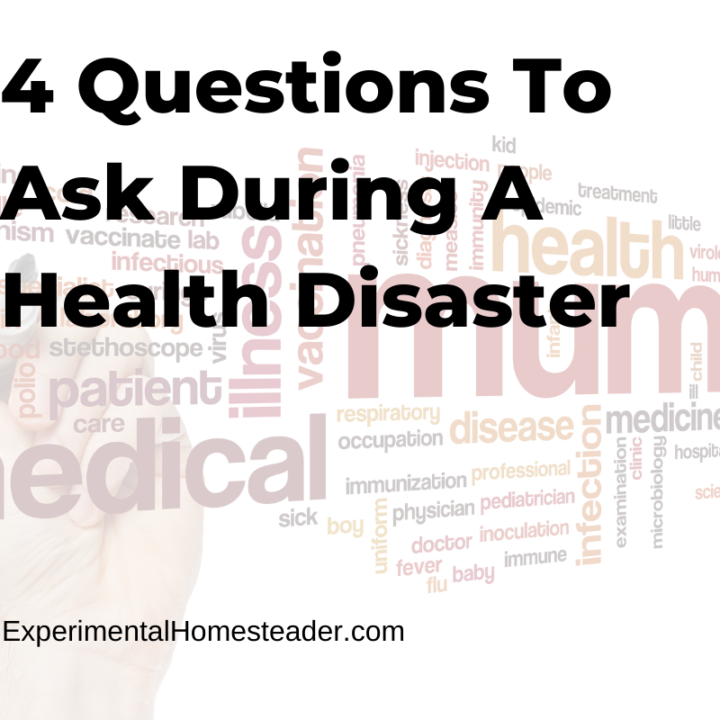
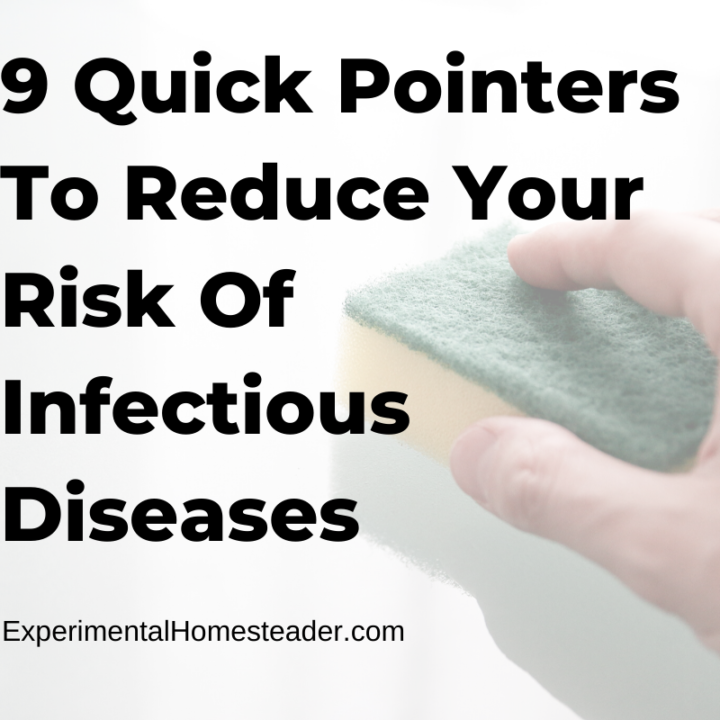
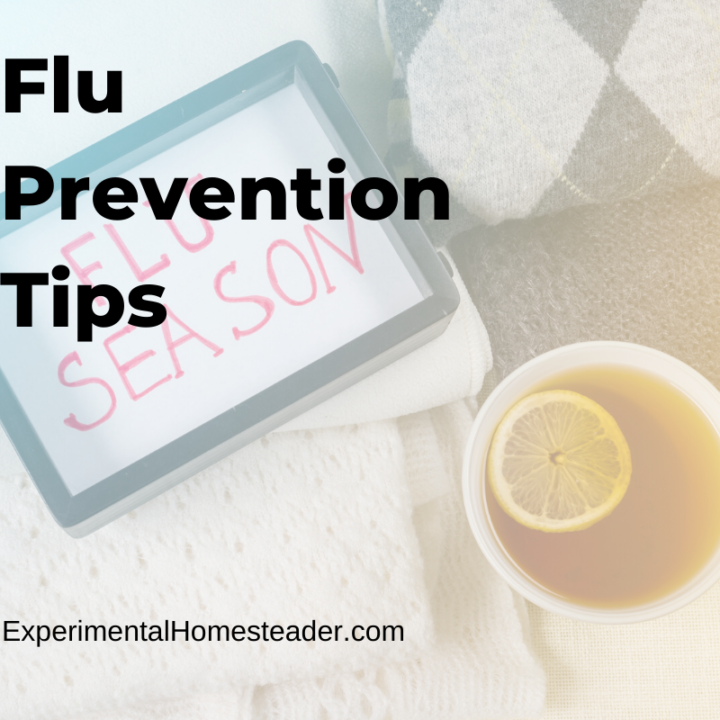
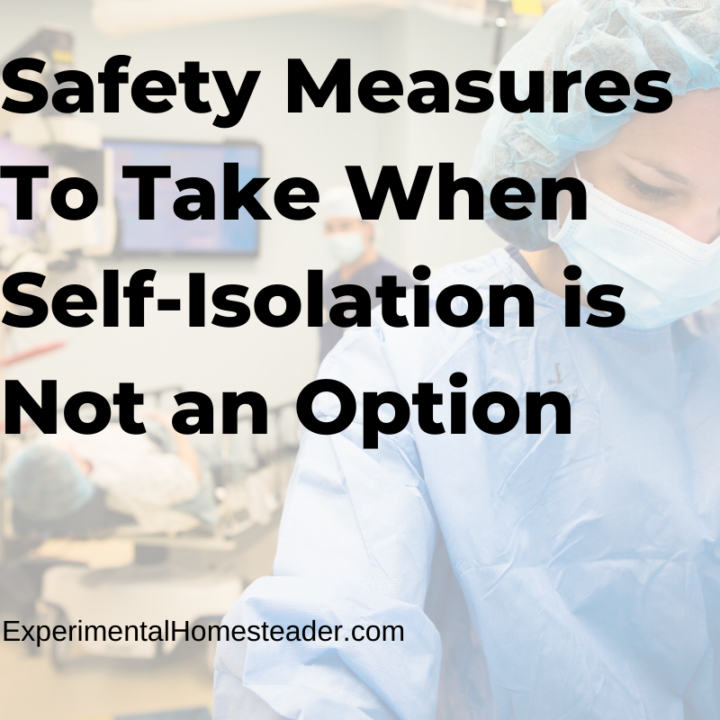

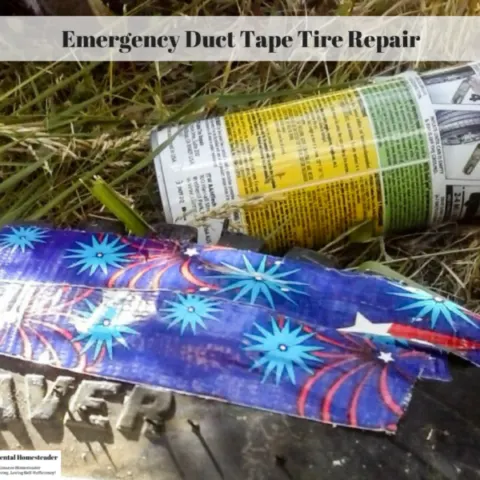

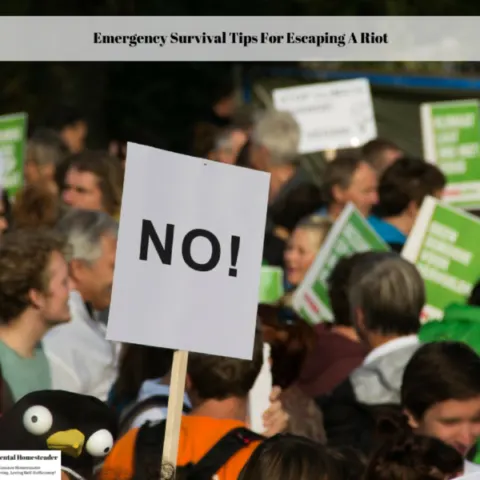

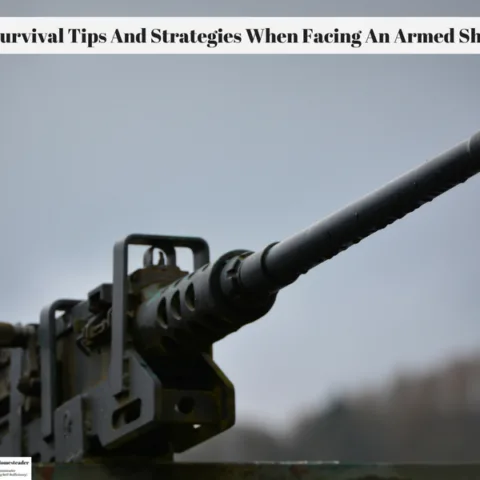
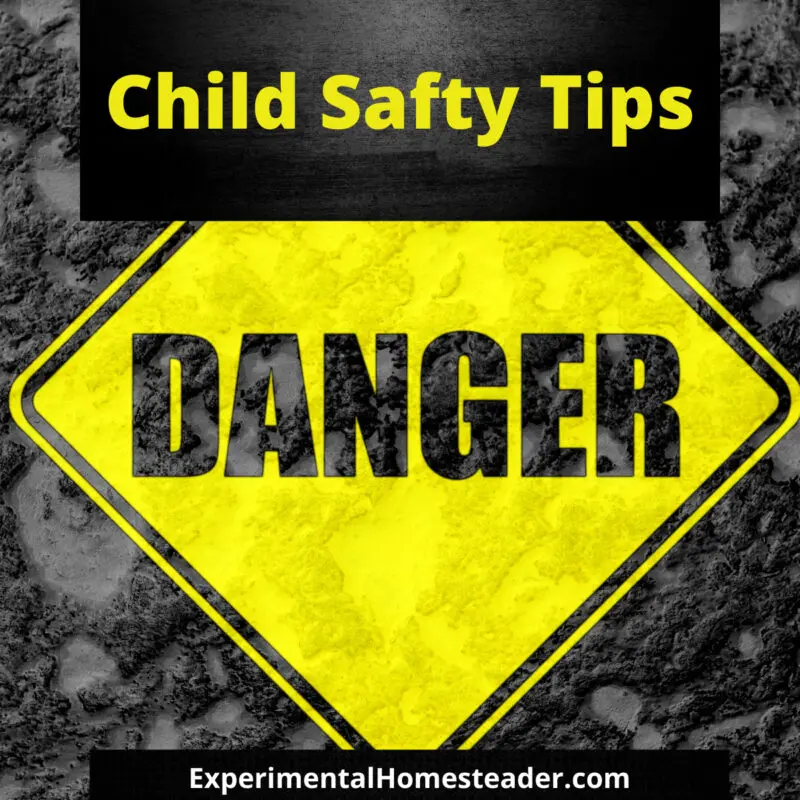
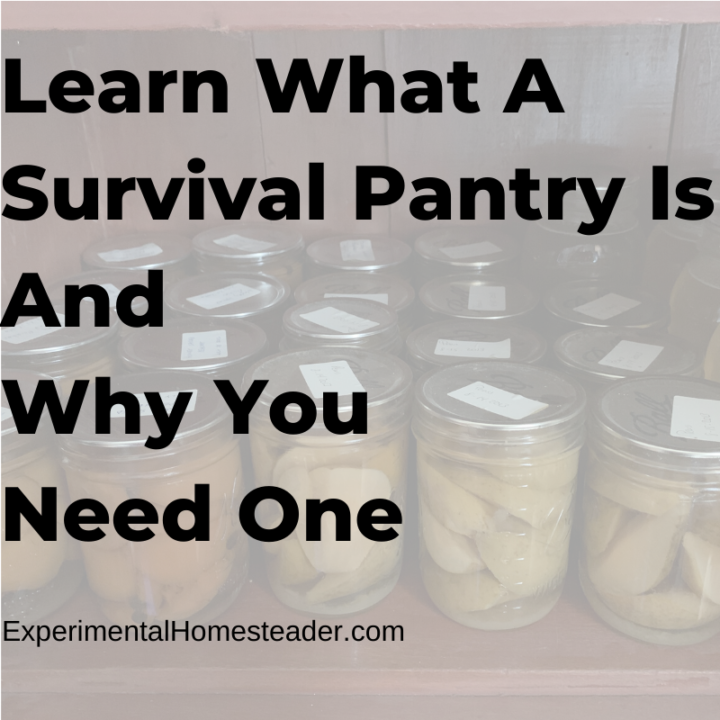
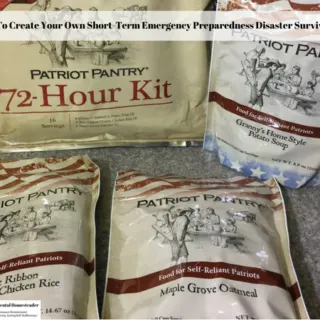
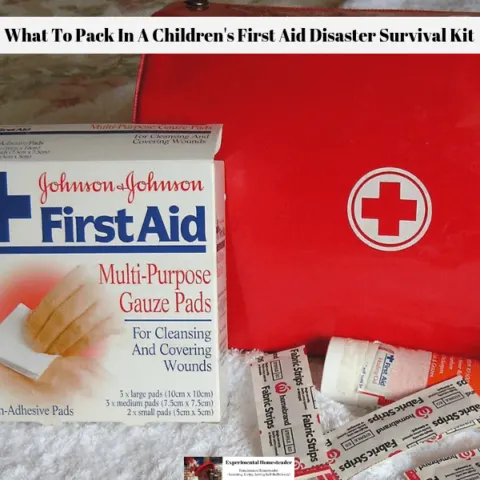
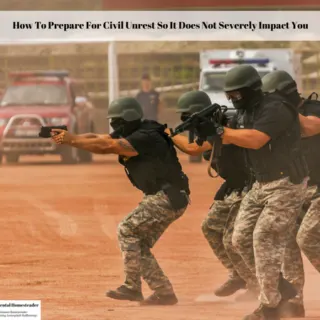
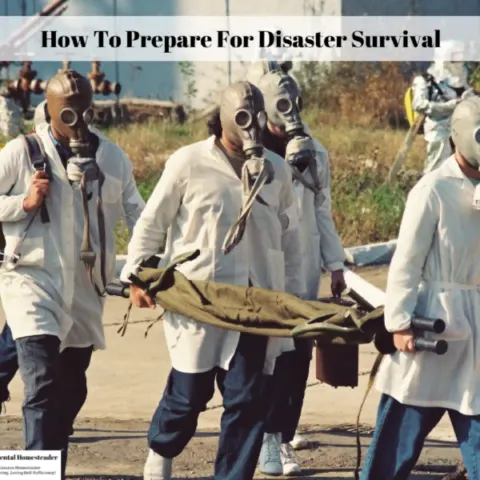



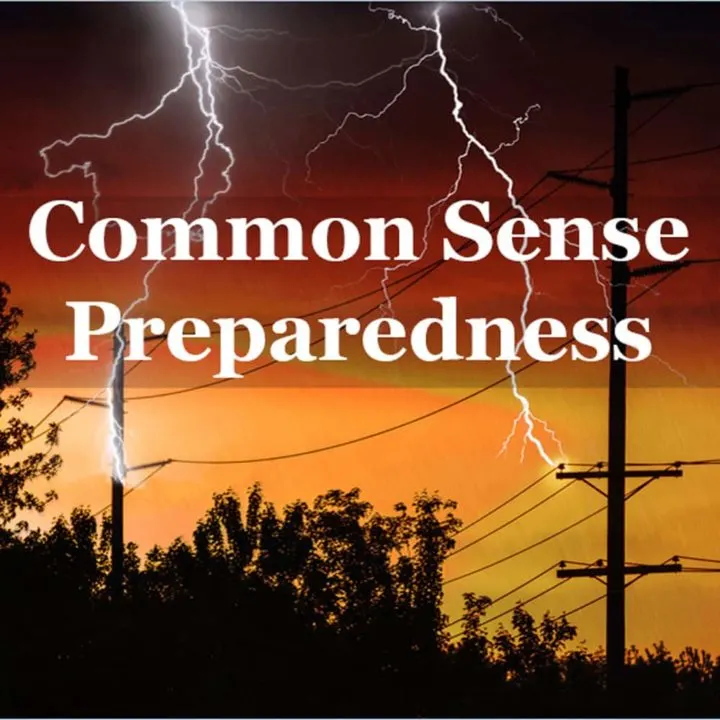

Carol Spierdowis
Thursday 19th of March 2020
Great advice
Sheri Ann Richerson
Thursday 19th of March 2020
Thank you so much! I hope you and your loved ones stay safe throughout this pandemic. Sheri Ann